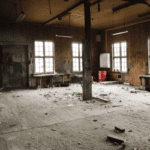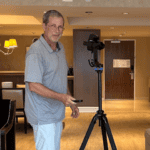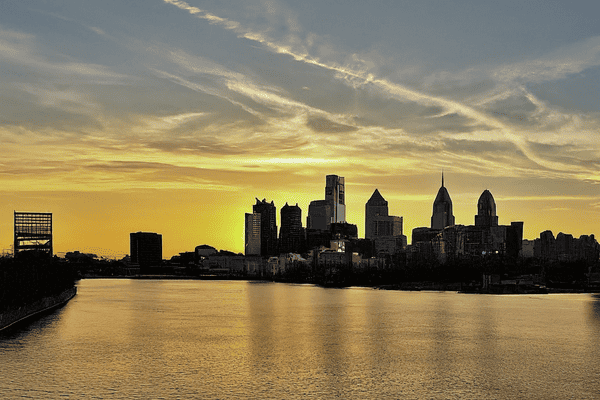
A Virtual Voyage: Transforming House Flipping Success
January 5, 2024
Commercial Real Estate Photographer’s Secrets Revealed
April 5, 2024Imagine capturing breathtaking landscapes without leaving your sofa, conjuring dreamlike cityscapes, or even manipulating reality with a few clicks. As an example, the header image of this post is an artificial intelligence generated image. The rise of AI-generated images is making these possibilities a reality, and their impact on the photo industry is already being felt. But is this the dawn of a creative revolution, or a looming threat to traditional photography?
The Brushstrokes of AI:
AI image generation works by analyzing vast datasets of real photographs, learning the patterns and relationships between objects, colors, and light. This knowledge allows it to produce stunningly realistic images, or even entirely new scenes based on text descriptions.
Transforming the Landscape:
For some, AI tools offer exciting possibilities:
- Accessibility: Aspiring photographers can experiment and hone their skills without expensive equipment or travel.
- Efficiency: AI can automate tedious tasks like background removal or color correction, freeing up time for creativity.
- Innovation: AI can generate unique visuals that push creative boundaries and explore uncharted
AI image generation is poised to reshape the photography landscape, and its impact will vary across different niches. Let’s delve into the potential consequences in stock photography, commercial shoots, and artistic expression:
Stock Photography:
- Democratization of Access: AI tools can empower anyone to create professional-looking stock images, potentially saturating the market and affecting established photographers’ income.
- Efficiency and Speed: AI can generate vast amounts of content quickly, catering to specific needs and reducing turnaround time, potentially benefiting businesses and designers.
- Ethical Concerns: Questions arise about originality and copyright of AI-generated images, impacting licensing and usage models.
Commercial Shoots:
- Cost-Effectiveness: AI might create cost-effective alternatives for product shots or simple marketing visuals, impacting demand for traditional photographers.
- Enhanced Creativity: AI can assist in brainstorming concepts, generating mockups, and fine-tuning lighting and composition, aiding photographers in achieving unique visuals.
- Shifting Skill sets: Photographers might need to adapt their skills, focusing on high-concept shoots, complex lighting setups, and storytelling abilities to differentiate themselves.
Artistic Expression:
- Democratization of Tools: AI tools empower budding artists to create visually striking images, fostering wider participation and exploration of artistic styles.
- Uniqueness and Authenticity: The line between human-made and AI-generated art blurs, raising questions about originality and the value of human expression in art.
- New Creative Territories: AI can unlock new artistic possibilities, prompting exploration of hybrid human-AI collaborations and pushing the boundaries of visual storytelling.
The Ethics of the Lens:
However, ethical concerns and challenges linger:
- Authenticity: Can AI generated images truly capture the essence and story of a moment?
- Job displacement: Could widespread adoption of AI tools threaten the livelihoods of professional photographers?
- Misinformation: The potential for manipulating images with AI raises concerns about the spread of disinformation.
The Future in Focus:
The future of photography with AI likely lies in collaboration, not competition. Imagine AI as a powerful assistant, automating mundane tasks, suggesting creative possibilities, and pushing the boundaries of what’s possible. Photographers can then focus on their unique perspectives, storytelling abilities, and human touch, creating images that resonate on a deeper level.
The debate around AI in photography is just beginning. As the technology evolves, we must navigate its potential pitfalls while embracing its power to enhance creativity and accessibility. The future of photography may be a blend of the traditional and the technological, where human vision and AI’s potential intertwine to paint a truly remarkable picture.
What are your thoughts on AI-generated images? Will they revolutionize or threaten the photo industry?
And yes, this was an AI generated post with lots of hands on editing….


